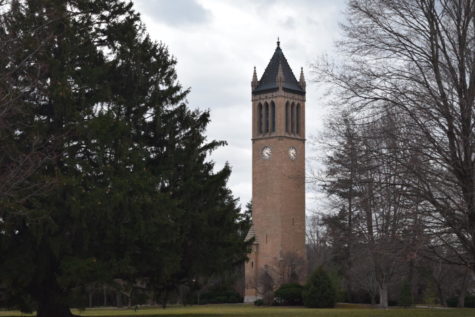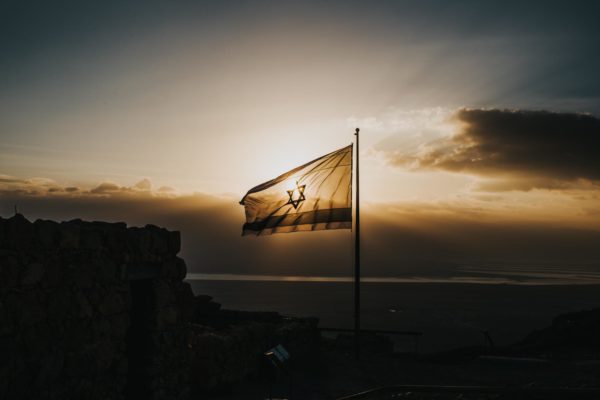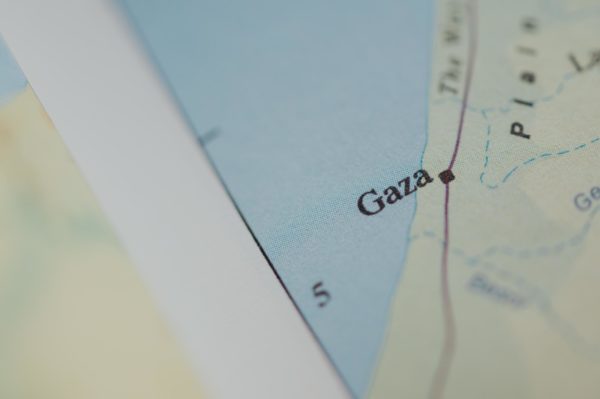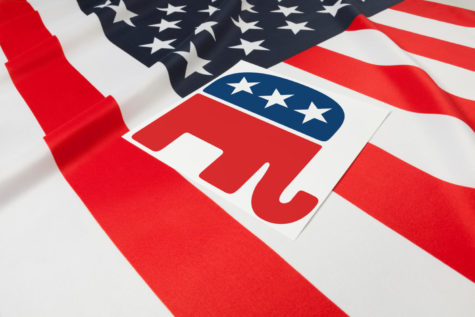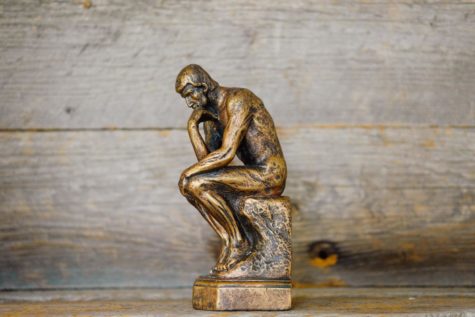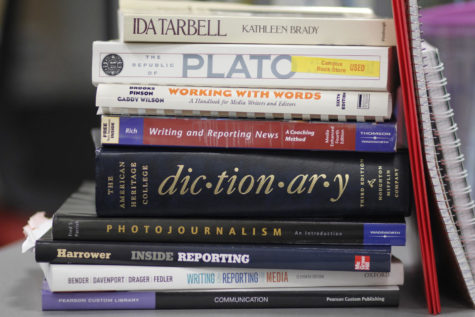Mosque controversy reveals need for alternative energy
August 21, 2010
It seems everyone who knows anything is weighing in on the mosque controversy in New York City. Should this Muslim group be allowed to build a mosque two blocks from ground zero?
Most think they have a constitutional right to do it, but many consider it unwise. It varies depending on one’s political leanings.
The most interesting perspectives I have found have not come from Americans. One came from a pair of Canadian Muslim journalists in the Ottawa Citizen and another from the famous Somali author Ayaan Hirsi Ali in The Wall Street Journal.
The Canadian journalists, Raheel Raza and Tarek Fatah, wonder why the proponents of the mosque don’t instead build a memorial to those who died. They sense a nefarious purpose behind it.
As they state in the article, “The fact we Muslims know the idea behind the ground zero mosque is meant to be a deliberate provocation to thumb our noses at the infidel. The proposal has been made in bad faith and in Islamic parlance, such an act is referred to as ‘Fitna,’ meaning ‘mischief-making’ that is clearly forbidden in the Koran.”
They think it’s a bad idea for American Muslims as a whole and believe the funds would be better used for Muslims in need in places like Darfur or Pakistan instead.
They also think those on the left are misguided in defending the mosque because they don’t realize the tyranny of Islamism that threatens to destroy secular liberal democracies.
In the other article I mentioned, Ayaan Hirsi Ali sees this event along with the banning of burqas in France, minarets in Switzerland and the expulsion of Western Christian missionaries from Morocco as signs of what the late Harvard professor Samuel Huntington called “The Clash of Civilizations.”
She attacks the idea that all post-Communist states were heading toward becoming liberal capitalist democracies as she saw in President Barack Obama’s 2009 speech in Cairo. Then she cites the West’s great hope in Turkey in the Islamic world as a demonstration of the failure of this kind of thinking due to recent events like the Gaza aid flotilla and help to the government of Iran.
One of the key points in her article was the citation of a CIA study in 2003, which indicated that the government of Saudi Arabia had invested $2 billion in 30 years to the spread of Islam — the kind of Islam that is generally not friendly to the West.
She concludes that the western world needs to defend itself by waking up to the reality of the situation.
That brings me to my point. Would there be this controversy in Manhattan if we weren’t addicted to oil?
Think about it, where is the Cordoba Initiative going to come up with $100 million to build their Islamic center? It’s probably not coming from inside of America, which means it’s coming from Saudi Arabia in all likelihood.
Saudi Arabia would not have the funds to support this project were it not for its oil, which we buy in massive quantities.
That is why we need to continue to invest in alternative energy sources whatever they may be — wind, solar, nuclear, or whatever. We need to end our addiction to oil.
As a college student, you can start doing things like using reusable bags instead of plastic, riding the bus instead of your car and living with other people.
Otherwise we will continue to fund a missionary form of Islam that threatens to undermine our way of life.






